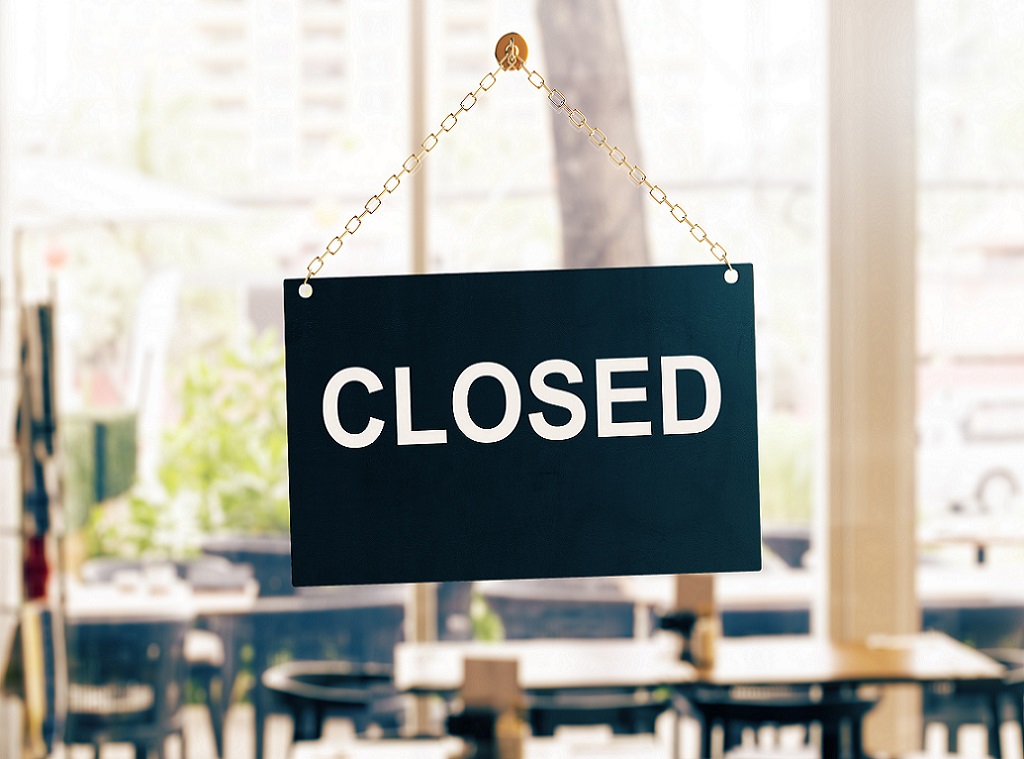For your brick-and-mortar business, a commercial lease is critical to success. It’s no secret that an expertly negotiated and well-drafted lease can give an enormous advantage. But without the right legal advice, the hidden pitfalls of a lease may also cause severe damage to your bottom line, and your ability to operate.
Our commercial leasing team members specialise in Victorian leasing laws and are seasoned experts in broader commercial issues.
With more than 20 years’ leasing experience, Principal Jeffrey Pinch also advises the Commercial Leases Committee (Law Institute of Victoria). He’s a distinguished authority in Victorian leasing law policy and practice, including leasing law changes due to COVID-19.
Your business is in safe hands with us, especially amid the turbulence caused by 2020’s leasing changes and challenges.
Expertise
Our commercial leasing lawyers are skilled in all areas of landlord and tenant commercial leasing, including leases for:
- Retail and shopping centres
- Hotels and other hospitality venues
- Agricultural premises
- Industrial premises
- Strata title leases
Services
Your commercial lease requires preparation, forecasting and long-term strategy. These are useful tools to promote success in your business, no matter how turbulent the times, or how dramatically Victorian leasing laws change. We understand the importance of these qualities. Our commercial leasing lawyers are known for their comprehensive and meticulous work with both landlords and tenants, including:
- COVID-19 rent-relief negotiations
- Lease negotiations
- Lease preparations
- Portfolio management
- Commercial licences including in franchise arrangements
- Lease Disputes (including Small Business Commissioner mediations)
- Lease variations, renewals, sub-leases, assignments and surrenders.
Commercial Leasing FAQs
In 2020, the Victorian Government passed emergency laws to help ease the potential economic hardship faced by many tenants of commercial premises. The measures were effective for the period 29 March 2020 and have since been extened to apply to 31 December 2020.
The laws apply to eligible small or medium-sized businesses who are tenants with commercial or retail leases, and with annual turnovers of less than $50 million. They must also be eligible to participate in the JobKeeper scheme. The laws don’t apply to agricultural leases, or to leases where a large organisation owns the business.
Both landlords and tenants must act in good faith when negotiating tenancy issues caused by the COVID-19 pandemic. Tenants aren’t in breach of the lease if, due to COVID-19, they have no choice but to:
- Pay reduced rent; or
- Decrease opening hours; or
- Close the business temporarily or permanently
Tenants can request rent relief. If they do so according to required procedures, landlords can’t evict them.
Landlords are not permitted to increase the rent during this time, but they are allowed to negotiate with tenants for payment of fair and reasonable rent in the circumstances.
If the parties can’t agree, either party can apply to the Victorian Small Business Commissioner to mediate the issue.
Small commercial landlords can now apply for an increased land tax discount, up to $3,000 per tenancy, as well as up to $3,000 in rent relief grants.
Contact us to find out more about the Victorian Government’s COVID-19 emergency laws.
The Retail Leases Act defines retail premises as premises which are subject to a lease, and either:
- Are used entirely or mostly for the sale or hire of goods in a retail setting; or
- Are intended to be used entirely or mostly for the sale and hire of goods in a retail setting
Working out whether the property is retail premises can be contentious, especially because every situation is different. Victorian law uses a test known as the ultimate consumer test to assess the use of the property.
The ultimate consumer test asks:
Who is the person who will ultimately use the tenant’s services?
In other words, will the tenant’s services be used by the person who buys the services (the purchaser), or will the purchaser pass on the services (unchanged from when they were purchased) to another party? If the purchaser uses the services, it’s a strong indication that the property is retail premises, although this will also depend upon:
- The type of service
- Whether the purchaser pays a fee
- Whether anyone else can purchase the service for a fee
For many businesses, whether a property is retail premises is a crucial factor in a lease arrangement. It can affect the laws which govern your tenancy, and your rights and obligations. Contact us for legal advice about the nature of your rented premises.
Under Victorian commercial leasing laws, a landlord must give a tenant a disclosure statement at least 14 days before entering into a new lease or renewing a lease. The disclosure statement sets out important information about the lease, including:
- Rent and any other expenses
- Start and end dates
- Any fit-out requirements
- Any options to renew or extend the lease
However, a landlord is only required to provide a disclosure statement if the Retail Leases Act applies to the lease.
Contact us to find out more about how a disclosure statement may affect your lease.
A security deposit is the amount of money that the landlord may require the tenant to pay at the beginning of a lease.
Often, a landlord will require a security deposit or bank guarantee as protection against any future failure by the tenant to observe the requirements of the lease, for example, paying rent on time and looking after the property.
A commercial lease may require a tenant to pay outgoings, which are specified in the disclosure statement. Outgoings are expenses associated with owning the property and may include:
- Council rates
- Body corporate fees
- Utility expenses
- Water rates
- Insurance
However, the exception to this is if the landlord and tenant have entered into a gross lease.
A gross lease is a type of commercial lease where generally speaking the tenant pays only the rental amount.
For more information about retail leases, see the Victorian Small Business Commissioner’s Information brochure, or contact us to discuss your leasing needs.




